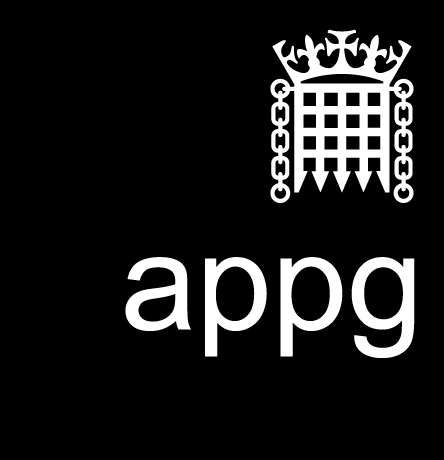APPG Officer, Baroness Warsi asked Her Majesty’s Government "whether they have a definition of Islamophobia; and, if so, what it is."
Parliamentary Under-Secretary of State for Communities and Local Government, Lord Bourne of Aberystwyth, responded,
"My Lords, we are clear that hatred and intolerance against Muslims have absolutely no place in our society. Any criminal offence that is perceived by the victim or any other person to be motivated by hostility or prejudice based on a person’s religion or perceived religion is a religious hate crime. The Government do not currently endorse a particular definition of Islamophobia. Previous attempts by others to define this term have not succeeded in attracting consensus or widespread acceptance."
Baroness Warsi, highlighting that it has been 20 years since the Runnymede Trust published Islamophobia: A Challenge for Us All, asked the Minister whether he agrees that it is high time to have a definition of Islamophobia, and that to fundamentally challenge the hate that underpins hate crime, we need to define what that hate is. In that vein, Baroness Warsi, invited the Minister to meet with a cross-section of community organisations and individuals, led by the All-Party Parliamentary Group on British Muslims, to work towards a definition.
The Minister responded,
"My Lords, I acknowledge the massive and continuing work that my noble friend does in this area. As to her last point, I am very happy to meet the all-party group and community organisations to discuss these issues. There is a definition, as my noble friend rightly says, used by the Runnymede Trust. There are many definitions, but we do not use a single definition of Islamophobia, and I do not accept that there is a need for a definitive one. It is clearly recognised, and we have very effective monitoring of race-hate crimes. As my noble friend knows, considerable work is done by Tell MAMA and the Anti-Muslim Hatred Working Group in these areas. We do that while understanding and being able to recognise Islamophobia, but perhaps not being able to define it precisely."
Watch the proceedings here at 14:53:41 and read the transcript in the House of Lords Hansard here.
